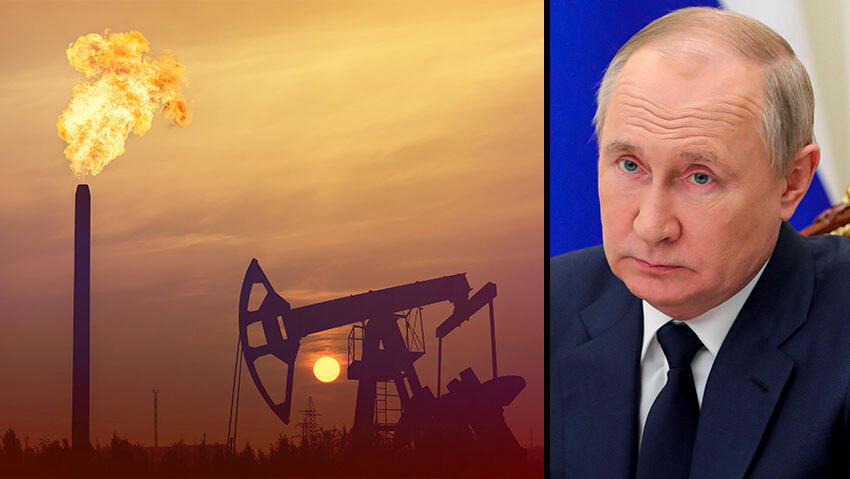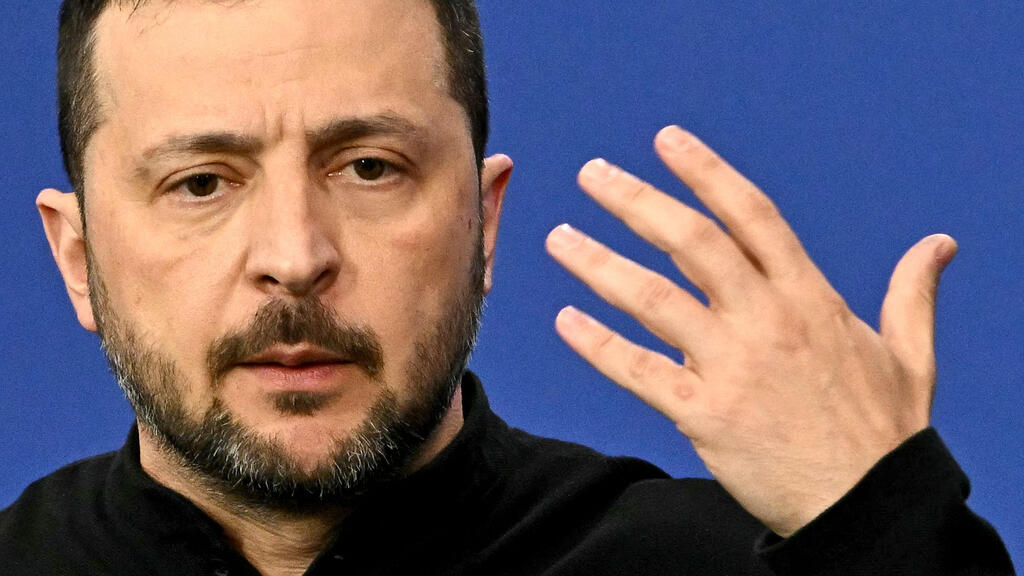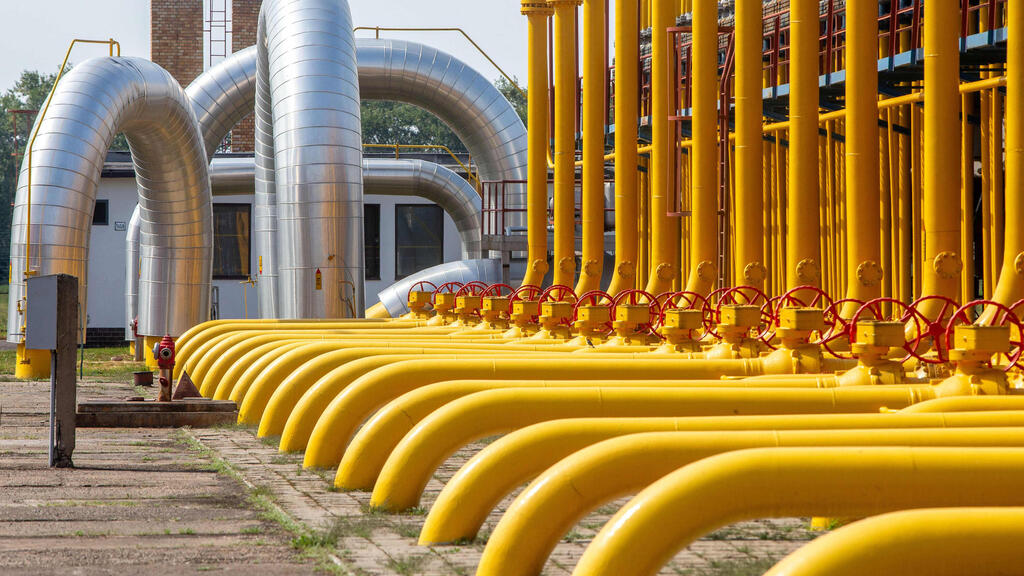Russian gas exports via Soviet-era pipelines running through Ukraine came to a halt on New Year's Day, marking the end of decades of Moscow's dominance over Europe's energy markets and the final cooperation between Russia and the West after nearly three years of war. Russia's gas firm Gazprom said it had stopped early Wednesday after Ukraine refused to renew a transit agreement.
Russia and the Soviet Union before it have, in the past 50 years, been an inexpensive source of gas for Europe, and Ukraine was a central conduit for its supply. At its height, Russian gas constituted 35% of the European market. After the Russian invasion of Ukraine, European countries began depending on alternative sources and its market share dropped to 8% after 2022.
The widely expected stoppage will not impact prices for consumers in the European Union, unlike in 2022, when falling supplies from Russia sent prices to record highs, worsened a cost-of-living crisis and hit the bloc's competitiveness.
The last remaining EU buyers of Russian gas via Ukraine, such as Slovakia and Austria, have arranged an alternative supply. Hungary will keep receiving Russian gas via TurkStream, which runs two pipelines under the Black Sea.
Gas deliveries through Ukraine yielded considerable profits for Moscow even after many of the European nations turned to other sources and now Russia stands to lose some $5 billion annually and Kyiv will be out the $800 million in annual revenue from commissions.
The latest deal between Ukraine and Russia, which has now expired, was signed in 2020 despite the tensions between the countries after the Russian occupation of Crimea in 2014.
Transdniestria, a breakaway pro-Russian region of Ukraine's neighbor Moldova which was reliant on the transit flows, cut off heating and hot water supplies to households early on Wednesday.
The European Commission said the EU had prepared for the cutoff. "The European gas infrastructure is flexible enough to provide gas of non-Russian origin," a spokesperson for the Commission said. "It has been reinforced with significant new LNG (liquefied natural gas) import capacities since 2022."
Since the start of the war in Ukraine, the EU has slashed its dependence on Russian energy by buying more piped gas from Norway and LNG from Qatar and the United States.
Ukraine, which refused to extend the transit deal, said Europe had already decided to abandon Russian gas. "We stopped the transit of Russian gas. This is a historic event. Russia is losing its markets, it will suffer financial losses," Ukraine's Energy Minister German Galushchenko said in a statement.
Cost to both sides
Ukraine now faces the loss of some $800 million a year in transit fees from Russia, while Gazprom will lose close to $5 billion in gas sales.
Russia and the former Soviet Union spent half a century building up a major share of the European gas market, which at its peak stood at around 35%, but the war has all but destroyed that business for Gazprom.
Russian drone strike on Kyiv
(Video: Reuters)
The Yamal-Europe pipeline via Belarus has also shut and the Nord Stream route across the Baltic Sea to Germany was blown up in 2022. Combined, the various routes delivered a record-high 201 billion cubic meters (bcm) of gas to Europe in 2018.
Russia shipped about 15 bcm of gas via Ukraine in 2023, down from 65 bcm when the last five-year contract began in 2020.
Get the Ynetnews app on your smartphone: Google Play: https://bit.ly/4eJ37pE | Apple App Store: https://bit.ly/3ZL7iNv
In Transdniestria, an employee at local energy company Tirasteploenergo told Reuters that it had cut off heating and hot water supplies to households, and she did not know when they would resume.
The company urged residents to dress warmly, gather family members together in a single room, hang blankets or thick curtains over windows and balcony doors, and use electric heaters.






